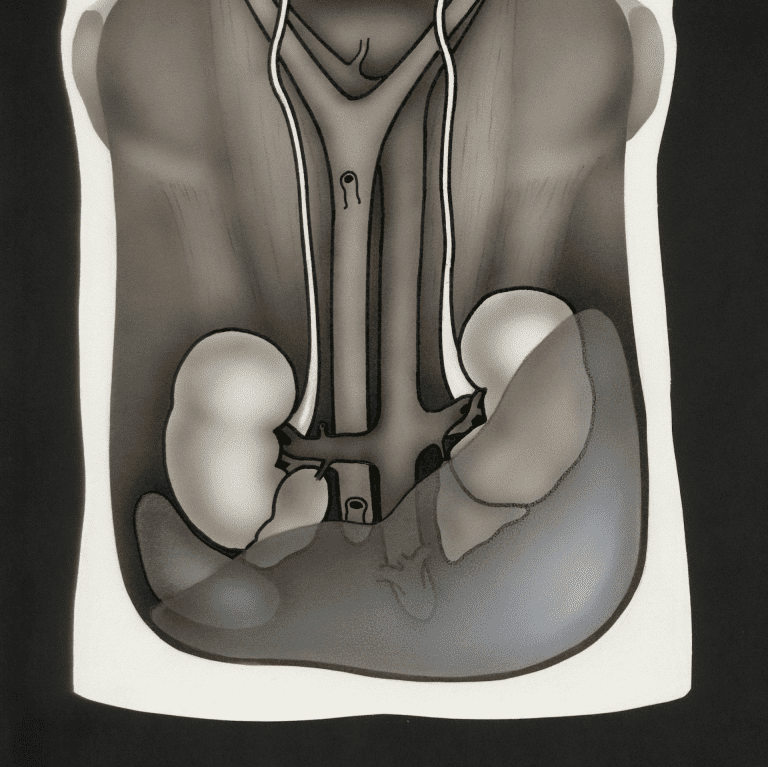Key Takeaways
- Medicare Part A covers hospital expenses, including inpatient stays, hospice care, and limited home health services, helping you manage significant healthcare costs.
- Understanding how Medicare Part A works can help you better navigate hospital-related expenses and maximize your benefits.
What Does Medicare Part A Cover and How It Helps with Your Hospital Expenses
Medicare Part A, also known as hospital insurance, is an essential part of Medicare coverage that focuses on inpatient care. For those who are 65 or older, or younger individuals with specific disabilities, Medicare Part A can offer substantial help with the often overwhelming costs associated with hospital stays and related healthcare services. While it primarily covers inpatient hospital services, it also includes some nursing care and limited home health and hospice services. Understanding what is covered by Medicare Part A, and how it helps with your hospital expenses, is crucial for effective financial planning in retirement.
Medicare Part A: Breaking Down the Basics
Medicare Part A is one of the four parts of Medicare and is primarily designed to cover hospital-related costs. Most individuals are eligible for premium-free Part A if they have worked for at least 10 years (40 quarters) and paid Medicare taxes during that time. If someone doesn’t qualify for premium-free Part A, they can still purchase it for a monthly premium.
It’s important to note that while Medicare Part A does help with hospital expenses, it doesn’t cover everything. There are deductibles and coinsurance amounts that beneficiaries must pay out-of-pocket, which can add up depending on the length of the hospital stay or the type of care received.
What Medicare Part A Covers: Hospital Stays and Beyond
At its core, Medicare Part A focuses on providing coverage for hospital-related services. These include:
-
Inpatient hospital care: When you are admitted to a hospital for at least two consecutive midnights, Medicare Part A covers the costs associated with your hospital stay. This includes semi-private rooms, meals, general nursing, and medications needed during your stay. However, it does not cover private-duty nursing or personal convenience items such as a television or telephone.
-
Skilled nursing facility care: After a qualifying hospital stay, Medicare Part A helps pay for up to 100 days in a skilled nursing facility. To qualify, you must have been hospitalized for at least three consecutive days, not counting the day of discharge. Skilled nursing care includes services like physical therapy, occupational therapy, and other rehabilitative services.
-
Home health care: In certain situations, if you are homebound and your doctor certifies that you need intermittent skilled nursing care, physical therapy, or speech-language pathology services, Medicare Part A may cover limited home health care. This is typically for individuals recovering from an illness, injury, or surgery.
-
Hospice care: For those who are terminally ill and have chosen to focus on comfort rather than curative treatment, Medicare Part A covers hospice care. This includes pain relief, symptom management, and support for both the patient and their family. Hospice care is usually provided in the home, but it can also be given in a hospice facility or hospital.
Managing Hospital Expenses with Medicare Part A
While Medicare Part A offers substantial coverage for hospital-related services, beneficiaries still face some out-of-pocket costs. These costs typically include a deductible for each benefit period, coinsurance payments for longer stays, and potentially additional costs if care extends beyond the coverage limits. Understanding these costs and planning accordingly can help you manage hospital expenses effectively.
Deductibles and Coinsurance: What You Need to Know
Each time you are admitted to the hospital, you begin a new “benefit period” under Medicare Part A. During this benefit period, you are responsible for paying a deductible, which is a fixed amount that must be met before Medicare starts covering your hospital expenses. Once the deductible is met, Medicare Part A will cover all eligible hospital costs for the first 60 days of your stay.
If your stay exceeds 60 days, coinsurance payments begin to apply. This means you will pay a daily coinsurance amount for days 61 through 90 of your hospital stay. After 90 days, Medicare provides a “lifetime reserve” of an additional 60 days that can be used during your lifetime. These days also come with a daily coinsurance charge. Once the lifetime reserve days are exhausted, Medicare Part A no longer covers your hospital expenses, leaving you responsible for the full cost of care.
Additional Coverage for Skilled Nursing Facility Care
Medicare Part A also covers care in a skilled nursing facility (SNF), but only after a qualifying hospital stay of at least three days. During the first 20 days in an SNF, Medicare covers the full cost. From day 21 through day 100, you are responsible for coinsurance payments, and after 100 days, Medicare Part A will no longer cover SNF costs. It’s essential to plan for potential long-term care needs, as Medicare’s coverage for skilled nursing facilities is limited.
Navigating Medicare Part A for Effective Coverage
One of the keys to maximizing your Medicare Part A coverage is understanding when and how it applies. This can involve careful coordination with your doctors and healthcare providers, particularly when it comes to determining whether hospital stays or other care options qualify for Medicare Part A coverage.
Planning for Hospital Stays
Before being admitted to a hospital, it’s essential to understand whether your stay will be classified as inpatient or outpatient. Medicare Part A only covers inpatient hospital stays, while outpatient services fall under Medicare Part B. Ensuring that your hospital stay is billed correctly as inpatient is critical to receiving full coverage under Medicare Part A.
Additionally, consider talking to your healthcare provider about the expected length of your stay. If it appears that your stay might extend beyond the 60-day full coverage period, you’ll want to factor in the potential coinsurance costs. This can help you plan ahead and avoid unexpected hospital expenses.
Maximizing Skilled Nursing Facility Benefits
For those who need rehabilitative care following a hospital stay, understanding the requirements for Medicare Part A to cover skilled nursing facility care is crucial. Since coverage is only available after a qualifying hospital stay of at least three days, it’s important to ensure that your hospital stay meets this requirement before transitioning to a skilled nursing facility. Additionally, make sure that the skilled nursing facility is Medicare-certified to ensure your care is covered.
The Importance of Understanding Medicare Part A Coverage Limits
While Medicare Part A offers substantial benefits, it’s important to recognize its limitations. Coverage is not unlimited, and understanding the various rules and restrictions can help you avoid unexpected medical bills. For example, while hospice care is covered, it is only available for individuals who are terminally ill and who have opted out of curative treatment. Similarly, Medicare Part A will only cover home health care on a limited basis, and most long-term care needs fall outside its scope.
Additional Support Through Medicare Supplement Plans
Many Medicare beneficiaries choose to supplement their Medicare Part A coverage with additional insurance, such as a Medigap plan. These supplemental plans are designed to cover some of the out-of-pocket costs associated with Medicare, such as deductibles and coinsurance. While not covered under Medicare Part A, these plans can provide an additional layer of financial protection for hospital expenses.
Ensuring You’re Prepared for Hospital Expenses
Medicare Part A plays a crucial role in helping individuals manage their hospital-related expenses, but it’s essential to understand how it works to make the most of your coverage. By being aware of the deductibles, coinsurance payments, and other costs associated with Part A, you can better plan for hospital stays and skilled nursing facility care. Additionally, considering supplemental coverage options may help reduce out-of-pocket expenses, providing more financial security in retirement.
Planning Your Medicare Strategy
As you approach Medicare eligibility, it’s important to consider how Medicare Part A fits into your overall healthcare strategy. By understanding what Medicare Part A covers and planning for the costs that it doesn’t, you can ensure that you’re better prepared to handle hospital-related expenses. For more detailed information, consult with licensed insurance agents or visit CMS.gov for the most up-to-date Medicare information.
Taking Control of Your Hospital Costs
Medicare Part A offers significant help with hospital costs, but there are limits to what it will cover. Knowing these limits and planning for additional expenses, such as deductibles and coinsurance, is essential to managing your healthcare costs effectively. Understanding Medicare Part A’s coverage and working with healthcare providers to ensure you receive appropriate care can help minimize out-of-pocket expenses.
Contact Information:
Email: [email protected]
Phone: 4805557890










